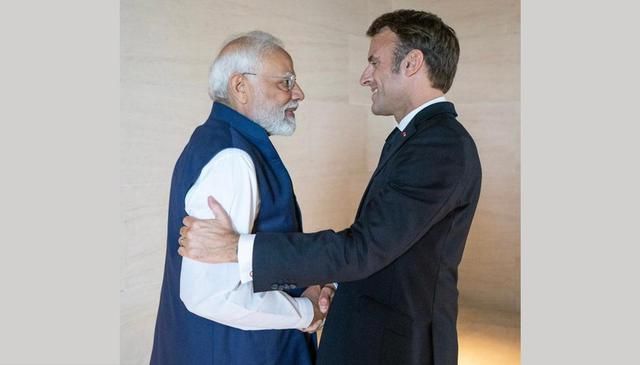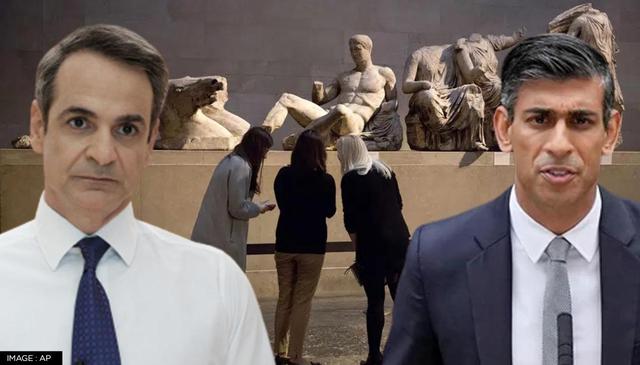Italy’s LGBTQ community fears for future after Meloni win
Italy’s LGBTQ community has expressed fear of the future following the victory of the Brothers of Italy party in this week’s election.

Italy’s LGBTQ community has expressed fear of the future following the victory of the Brothers of Italy party in this week’s election.
Giorgia Meloni, the party leader, and likely future prime minister of Italy, has slammed what she calls the “LGBT lobby,” gender ideology and promotes “gender identity.”
She gained prominence with a 2019 speech declaring “I am a Giorgia, I am a mother, I am Christian, and you cannot take that away from me.”
Her party’s program states it is against gay marriage, gay adoption and surrogate motherhood.
During the election campaign a close Meloni associate demanded that the Peppa Pig children’s TV program not be shown on RAI, Italian state television, because a polar bear cub in the series has two mothers.
Alessia Crocini is President of Italy’s Rainbow Families, an association with 5,000 members.
She had to go outside Italy with her former partner to get artificial insemination so they could have a child together.
But back in Italy, only her partner, who gave birth to her son, is recognized as his parent.
Crocini has no legal rights as the parent of her son under Italian law.
RECOMMEND STORIES
- Remembering Ratan Tata: A Visionary Leader and Compassionate Humanitarian
- National College Colors Day – September 2, 2024: history
- Bison-ten Yell Day – September 2, 2024: history, FAQs
- National Lazy Mom’s Day – September 6, 2024
- World Coconut Day – September 2, 2024: A Nutty Celebration!
It is terrible news that we were expecting,” she said about the victory of Giorgia Meloni and the Brothers of Italy party.
“The polls were clear. But when something like this materializes, becomes real, it is pretty shocking.”
Crocini said following the victory she began receiving messages from members of her association. “There are people who I do not know who today are writing to me on Instagram ‘I am afraid’, ‘I don’t know what to do’, ‘I am very worried’, I want to cry,” she said.
Crocini estimates that Italy is already behind many nations in western Europe on LGBTQ rights by about “30-50 years” with the Catholic Church and center-right blocking most proposed legislation.
After many failed attempts to find a legal path for homosexuals to marry, in 2016 the Italian parliament approved a law on “civil unions” between couples of the same sex.
The law does not grant the same rights as same sex marriage, denying them any parental rights and making it impossible for homosexual couples to adopt.
Crocini claims that Meloni would like to keep homosexuals in what she calls a “civil unions apartheid”, where they are in a metaphorical fenced off area for homosexuals never getting access to the same rights as heterosexuals.
Fabrizio Marrazzo, a member of parliament from the Gay Party is concerned the center-right victory will lead to an increase in homophobia and backsliding on discrimination in Italy.
“In Italy every year there are about 200 suicides of which a large part are minors and at the top of the list are gays, lesbians and trans who commit suicide because of the discrimination that they have to live with at school,” Marrazzo explained, worried that in the future any education about homosexuality will be forbidden.
The Italian political reluctance towards LGBTQ rights reached its zenith in 2020, when Alessandro Zan, an Democratic Party MP, proposed a law punishing hate speech crimes and violence involving sexual orientation and gender identity.
The law was considered too tough not only by the center-right representatives, but also by some center-left leaders, like former Prime Minister Matteo Renzi, and was unable to get through the senate.
Following the vote, the center-right senators, including the Brothers of Italy party, got up and applauded the failure of the proposed law.
Nevertheless, some progress was being made. As an MP, Marrazzo says he managed to get funding to build 40 centers across Italy for gay, lesbian, and transgender persons who are victims of abuse. Now, he says, that funding is not likely to be renewed.
“I am very afraid for the younger generation,” said Marrazzo.








